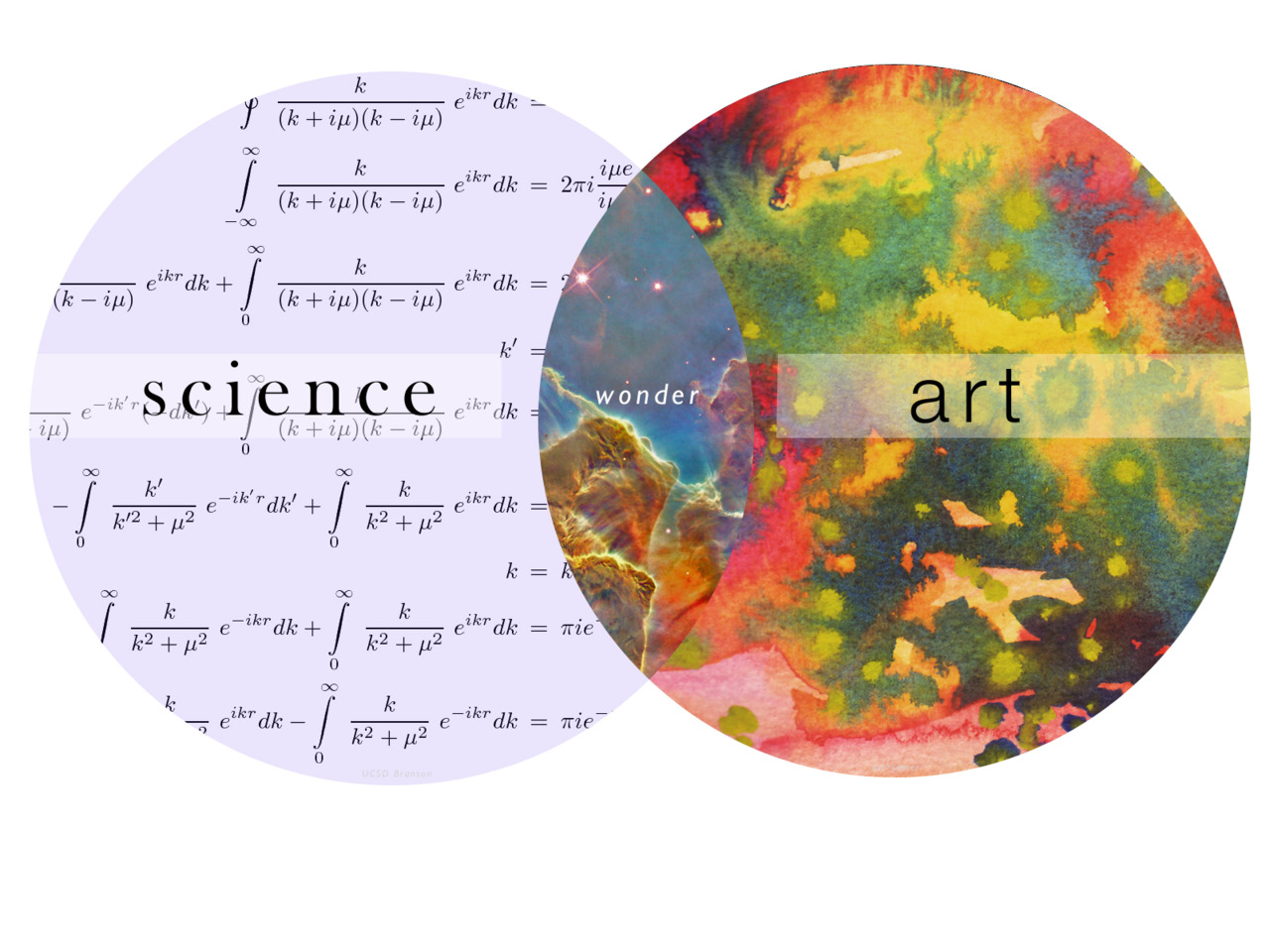Ella Cullen ¦ Contributing Writer
Before you jump to any conclusions about my being biased, I am, in fact, a Science student. I study Human Genetics, and contrary to most in my end of Trinity, and some in that other end, I don’t believe that my course, or any Science course for that matter, is more difficult than an Arts course.
Unlike Science students, the Arts crowd are expected to self-supervise, arguably one of the hardest challenges anyone faces as an adult.
As much as the tracksuit-wearing, makeup-less lads and lasses of the Hamilton would like to pretend we are superior to the skinny-jean clad and immaculately made-up men and women of the Arts Block, we simply aren’t. Though we may whine about our 30-hour week or gloat about our fantastic job opportunities, the fact of the matter is, we have no right to claim higher ground. Arts students are expected to spend many non-contact hours in the library or at home reading books, articles and documents that are sometimes hard to access, and frequently even harder to read. Unlike Science students, the Arts crowd are expected to self-supervise, arguably one of the hardest challenges anyone faces as an adult. They’re also expected to build up a portfolio of contacts and experience to help them in whatever field they hope to pursue after completing college.
Yes, our hours are heavy. Yes, the labs are long. Yes, there can be a lot of extra reading. But if you can get by in a course by doing minimal work, that’s more likely a reflection on the student than on the course. A Higher Education Authority (HEA) study done on 2007/2008 new entrants into higher level education revealed that the non-progression rates for Arts and Science courses were the same at 14% (HEA, 2010). So where on earth do we get this notion that Science is somehow more difficult?
To pretend anything else, that some degrees are somehow harder or more valuable than others, is to misrepresent the value of your own, and others’ work.
It’s not solely self-righteous scientists who believe this. I’ve regularly heard my Arts student friends laugh at how much more difficult my course is than theirs. Bragging about 4-day weekends or 12-hour weeks panders to the belief that Arts students do little or no work and therefore have it easy. This isn’t the case. This isn’t the case in any course (well, okay, maybe in jam-making). All courses have their disadvantages. I’ve heard about the TSM timetable horrors, and let’s face it, the Arts Block is a maze. For every hour spent in a lecture (for which there often aren’t slides to study later) there could be ten or more hours needed studying to understand the concepts discussed in a class. In relation to this, Science courses could almost look easy. Lecturers usually provide slides, and for some classes, learning the slides is all it takes to pass the module. If you ask me, I’d prefer a 30-hour week of lectures than a 10-hour week with 20 hours of self-directed learning.
There’s a reason that we are awarded whatever degree we are awarded at the end of our college education. The level and the grade we get are awarded based on the work put in and the understanding displayed. To pretend anything else, that some degrees are somehow harder or more valuable than others, is to misrepresent the value of your own, and others’ work.







